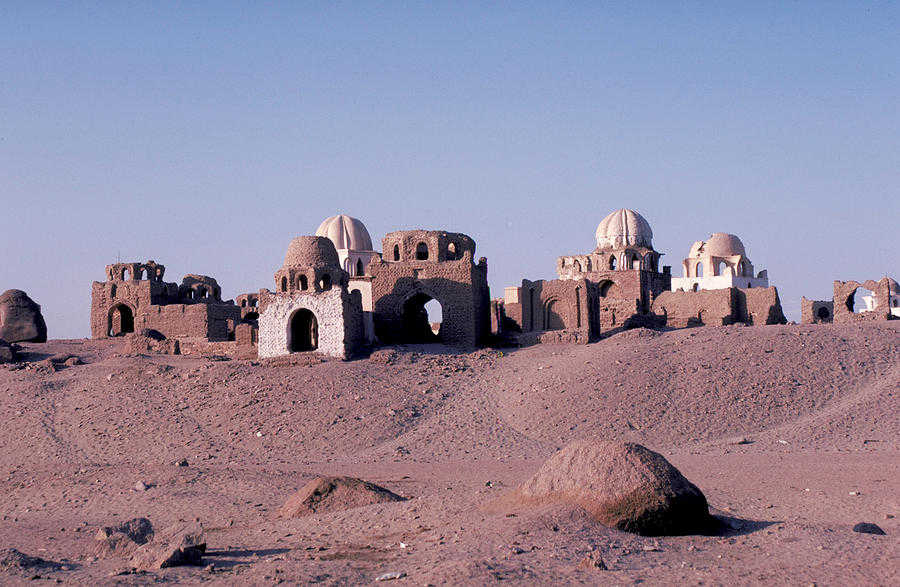FWP:
SETS == KYA
DESERT: {3,1}
HOME: {14,9}
Who is the forbidder, after all? Majnun, who makes himself impossible to find? Laila herself, who doesn't seek her lover even though no door bars her way? Nobody, so that the question is rhetorical and she's not forbidden at all? Or is it a mystery of her fate, so that she's somehow forbidden but not by any forbidder? (Here kaun is used to achieve something like the 'kya effect'.)
And then, does the doorlessness of Majnun's house show that there's no barrier (so that there's no door to prevent her entry)? Or does it constitute a barrier in itself (how can she visit him, when there's not even any door to knock on and be admitted through)? Does Majnun even have a house at all-- is the desert itself his house? (For another such un-pin-downable house, see {127,2}.)
One further, even stranger view of the verse occurs to me. Mystically speaking, Majnun and Laila are sometimes said to be one; despite their physical separation, their identification with each other and obsessive concentration on each other was so intense that they almost became each other. On this view, the two lines fit together elegantly: both describe the situation of vaḥshat-ḳhirāmī lived in by Laila-and-Majnun, as they wander in the wildness/wilderness of passion.
This verse is both transparently simple, and ultimately opaque. It makes masterful use of one of Ghalib's favorite devices, inshāʾiyah speech that asks unanswered-- and often unanswerable-- questions. Like so many of his verses, it gives us no guidance about how exactly to connect the two grammatically and semantically separate lines.
There's also the sound of the second line, with its rhythm, long vowels, and flowingness. To me it has that quality of mystery and mood that marks unforgettable lines. It's rich with meanings-- but there are so many of them, they open so many imaginative doors, that the verse cannot be pinned down. Which of course is one of the reasons that it lingers in the memory.
For another haunting, resonant verse about Majnun's 'house'
in the wilderness, see {140,6}.

Nazm:
That is, Majnun's house is the desert, and the desert is a house with no door. So why does Laila not run wild/mad and come away to him? Who prevents her? (19)
== Nazm page 19